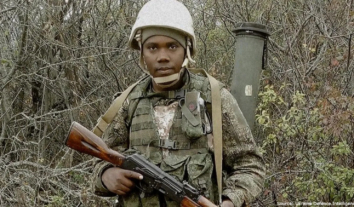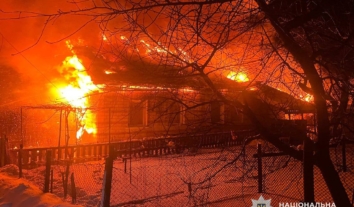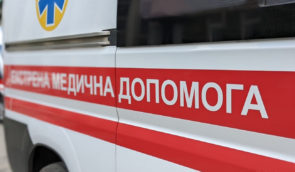LGBT Individuals Tell about How Living in Ukraine is for Them
Normal
0
false
false
false
RU
X-NONE
X-NONE
/* Style Definitions */
table.MsoNormalTable
{mso-style-name:”Обычная таблица”;
mso-tstyle-rowband-size:0;
mso-tstyle-colband-size:0;
mso-style-noshow:yes;
mso-style-priority:99;
mso-style-qformat:yes;
mso-style-parent:””;
mso-padding-alt:0cm 5.4pt 0cm 5.4pt;
mso-para-margin-top:0cm;
mso-para-margin-right:0cm;
mso-para-margin-bottom:10.0pt;
mso-para-margin-left:0cm;
line-height:115%;
mso-pagination:widow-orphan;
font-size:11.0pt;
font-family:”Calibri”,”sans-serif”;
mso-ascii-font-family:Calibri;
mso-ascii-theme-font:minor-latin;
mso-fareast-font-family:”Times New Roman”;
mso-fareast-theme-font:minor-fareast;
mso-hansi-font-family:Calibri;
mso-hansi-theme-font:minor-latin;}
Lesbians, gays, bisexuals, and trans* individuals (abbreviated – LGBT) are concerned with the radicalization of society, discrimination on the legislative level, relationships with family, the importance of talking openly about their sexual orientation and just living a normal life.
In conjunction with International Day Against Homophobia, members of the LGBT community told their stories of coming out, reports a correspondent from the Human Rights Information Center.
The campaign “We’re Here,” in which representatives of the LGBT community talk about how they decided to be open with their families about their sexual orientation, was put together by Gay Alliance Ukraine. The organizers speak to the community about the importance of openness.
“We have collected 15 stories. This is not a lot. Many people are afraid to write to us because the main rule of the campaign is giving your name and sending photos. It is not exactly safe in Ukraine right now. However, the attitude to the LGBT community can be changed if we openly speak about these topics. These are not individual perverts, but a big part of society (10%) who is forced to hide. These stories are an opportunity to emotionally perceive and engage with people from the LGBT community,” says Valentina Samus from Gay Alliance.
One “We’re Here” campaign participant is Friedrich Chernyshov. Chernyshov went through three coming outs: first, opening up to his relatives and classmates about being transgender, then acknowledging that he is gay, and thirdly when he realized that he wanted to have a child and became the father of his now seven month old daughter.
“In Ukraine, the situation in regards to trans* individuals is even worse than with homosexuals. Discrimination is on the legislative level. To change your passport, you need to go through the surgery, complete sterilization, and undergo continuous humiliation. For doctors, we are still seen as psychiatric patients. In fact, we have to lie to get the right to life. You cannot imagine how it is to live as an adult without a passport (he has an old passport – ed.) and constantly prove that I’m really me,” said Chernyshov.
Poet, writer, singer, songwriter, entertainer, and openly gay man Konstantin Gnatenko was not a first public figure who openly declared his sexual orientation in the early 90s. At the time, he worked as a journalist for the TV channel Inter. But, after the coming-out, the channel’s management gently asked him to leave. “But, then in the 90s, I was not afraid. Then, everyone was playing at democracy, everything was new. Today it is worse. Society has radicalized into the polar right and polar left,” says Gnatenko. He notes that the situation in Ukraine is better than in other post-Soviet countries, but Ukraine remains a homophobic country.
At the end of the meeting, Gnatenko also noted that these issues are too complex to fully unpack and internalize. But, being silent is definitely not the way. “It so happens that our society needs authority. So I’m waiting to see which leader will begin to speak out. Why doesn’t the president, prime minister, or the minister of education briefly mention LGBT community in their speeches when listing the various population groups? This is the only way we can move to a liberal society,” said the Gnatenko.
Valentina Samus from the Gay Alliance also noted that not everyone from the LGBT community is willing to go to court to defend their rights and fight discrimination. The Ukrainian judicial system has seen only a handful of such cases.








